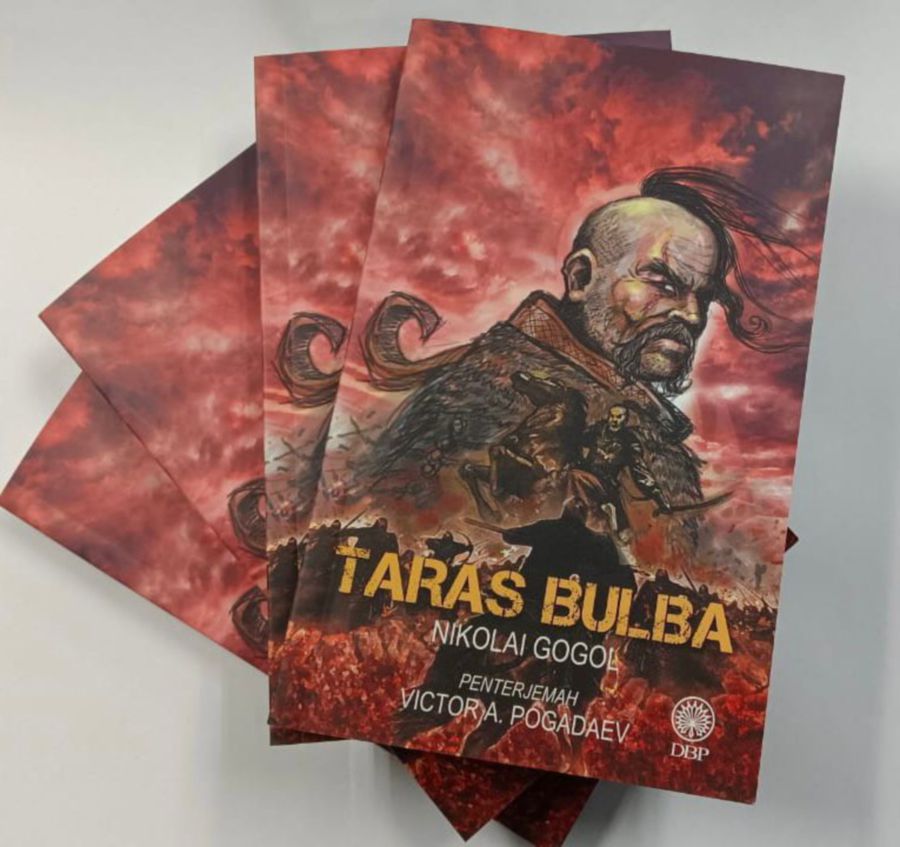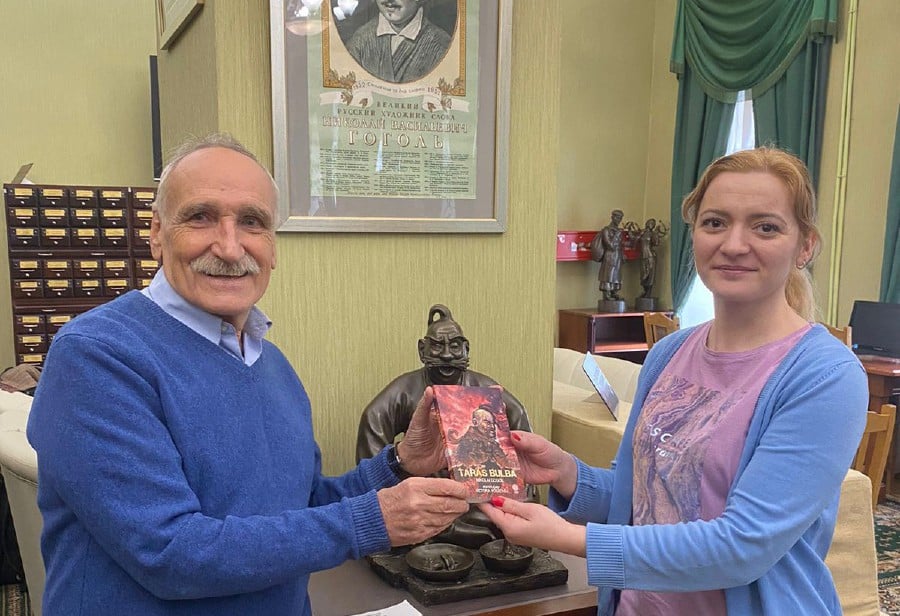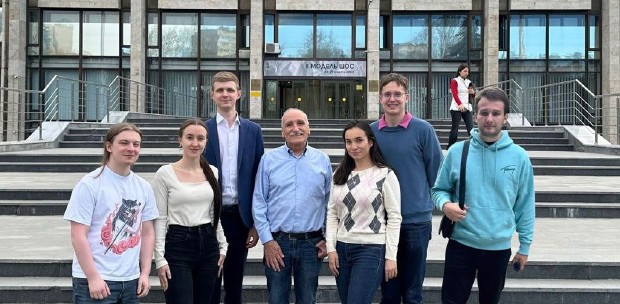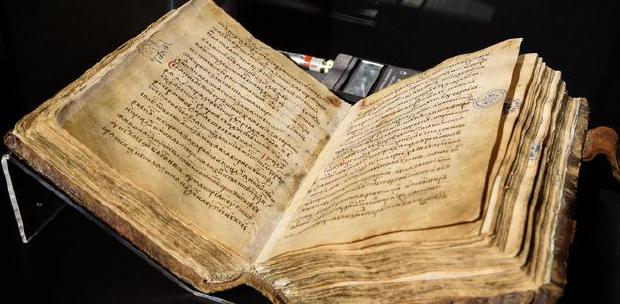I visited the museum of the Russian writer, Nikolai Gogol, in Moscow the other day. My goal was to donate Gogol's book, 'Taras Bulba', which I had translated into Malay.
The book was published last year by Dewan Bahasa dan Pustaka (DBP) and was also presented at the Kuala Lumpur International Book Fair in May.
It was launched at the Russian Cultural Centre in the presence of national laureate Datuk Seri Abdul Samad Said.
The director of the museum's library, Tamara Karpova, was delighted: "Gogol's works have been translated into practically all the languages of the world. But there has not yet been a Malay translation.
"I am happy for Malaysians, who will now be able to enjoy the immortal work, 'Taras Bulba', in their native language, and I am sure that the translation turned out wonderful because it was done directly from Russian and not from other languages, for example, from English."
Taras Bulba is the eponymous main character of the book. It tells the story of Taras Bulba and his two sons, who, together with other Cossacks, are fighting against the Polish army.
His youngest son, Andriy, falls in love with a Polish noble. Andriy then joins a force defending a Polish town from Cossacks, and is captured and shot by his own father.
Taras Bulba is finally captured by the enemy and burned alive on the high bank of a river, all the while fearlessly urging retreating Cossacks to escape.
The work is considered to be among the masterpieces of world literature. Charles Dickens said that "'Taras Bulba' is the only example of dramatic and heroic narrative in the literature of the new world".
French literary critic André Lirondelle also appreciated this work: "Gogol has world-class talent. France has long accepted him as its own son. I'm not only talking about our novelists who have experienced his influence, but also famous critics who appreciate his work. Gogol is known to all, the French people read his novels.
"Among the recommended books for reading to children in French public schools are 'Ivanhoe' amd 'Robinson Crusoe'. None is read with as much enthusiasm as 'Taras Bulba'.

The publication of 'Taras Bulba' in Malay was highly appreciated in Malaysia, too. I received congratulatory messages from national laureate Muhammad Haji Salleh, playwrights Zakaria Ariffin and Shamsuddin Osman, writer S.M. Zakir and others.
Even in Pattani, I received an enthusiastic review from a good friend, Ajan Razak.
He said the book is great. It is interesting and gives new insights into the Russian civilisation and its relationship with the East, in particular with Islam and Turkiye.
I can only thank DBP for its trust and willingness to enrich the treasury of world literature by publishing the works of Russian writers in the Malay language.
Isn't this, after all, consistent with the government's policy of helping Malaysians become acquainted with the masterpieces of world literature?
* Pogadaev, writing from Moscow, is a former lecturer of Universiti Malaya





